Farmer-led fresh produce organisation announces closure
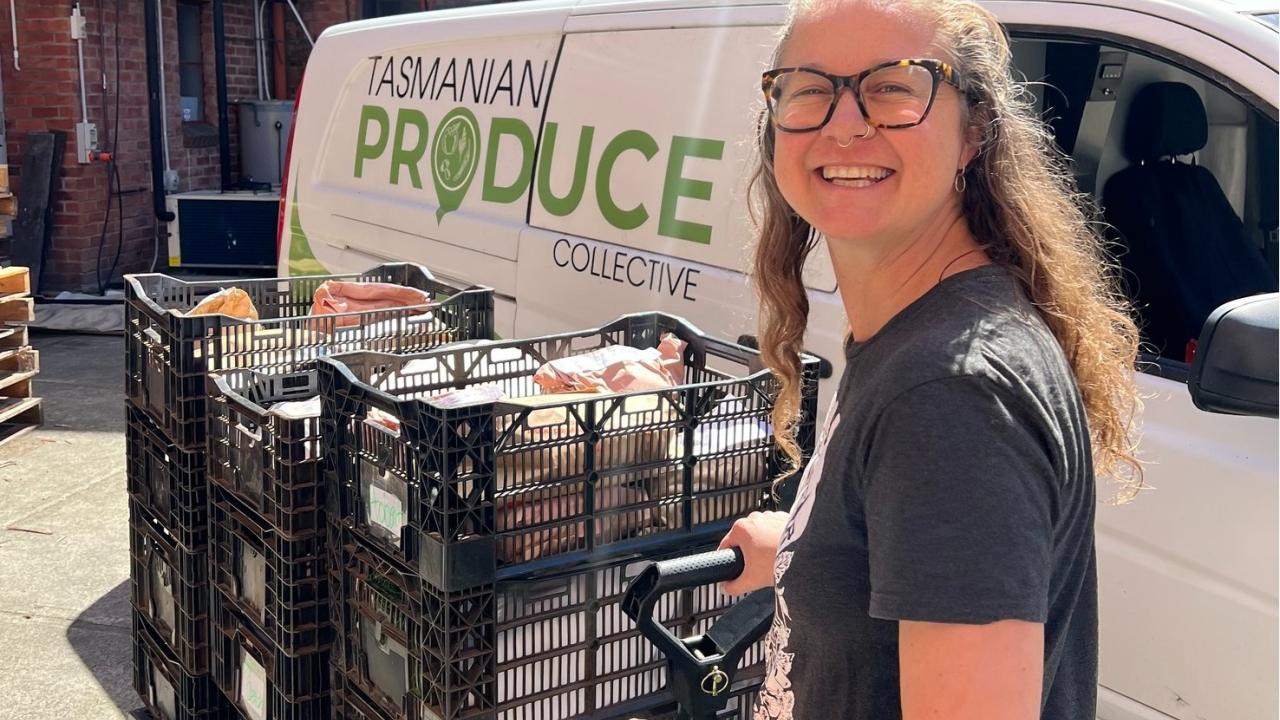
The Tasmanian Produce Collective (TPC), a farmer-led online marketplace connecting local eaters with ethical, sustainable and seasonal produce, has announced it will formally wind up operations following its final order cycle this month.
Currently supporting 32 small farms across Tasmania, TPC has supported more than 50 producers over its five-year journey - helping them get their produce directly into the hands of Tasmanian consumers without industrial middlemen.
In the last financial year alone, the collective sold more than $250,000 worth of produce, returning more than 85 percent of sales directly back to producers.
This decision to close was not made lightly.
Tasmanian Produce Collective chair Katt Ferrero said that she is immensely proud of what TPC has achieved.
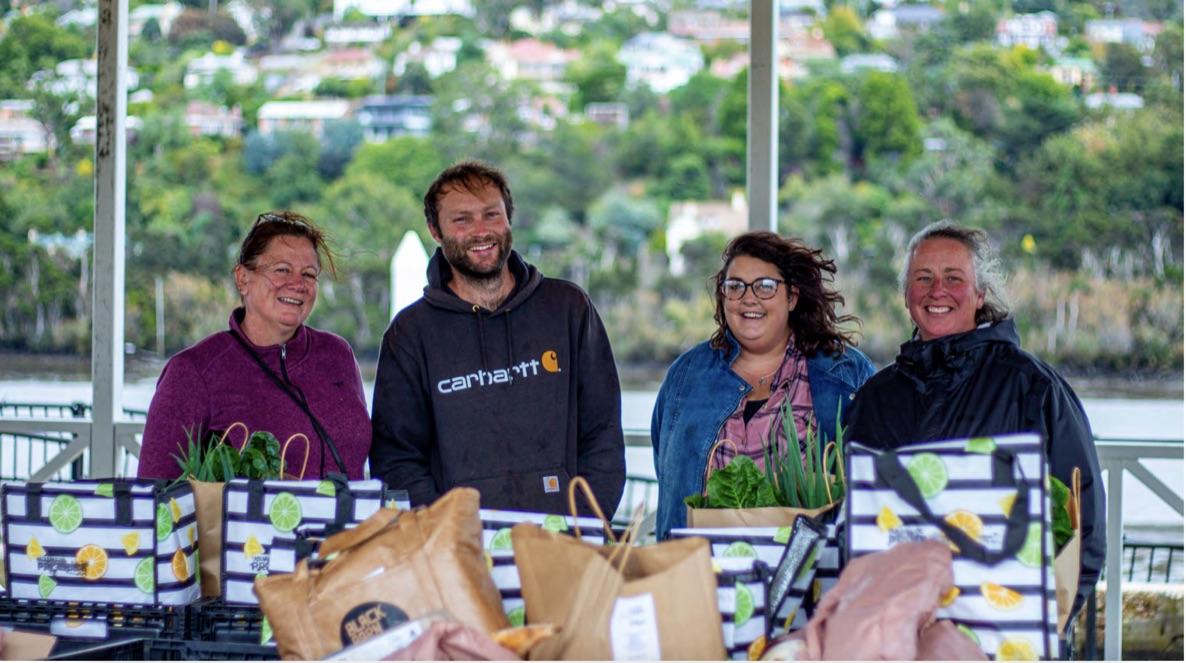
“It’s been a difficult time for the board and the producers, and our customers will miss us, but after five years we just can’t make it work,” she said.
“After years of operating with limited outside funding, relying on a small team of overworked volunteers, and facing increasing logistical and financial pressures, we’ve reached the point where we can no longer sustain operations,” she said.
“Established as a not-for-profit cooperative, TPC has operated entirely on a values-driven model - supported by external philanthropic funding from organisations like Sustainable Table and powered by the time, labour, and care of its members and volunteers.
“It has received little government support to grow the model, despite its vital role in regional food resilience.
TPC has played a critical role in Tasmania’s alternative food economy, offering a reliable income stream to farmers during periods of economic volatility and climate stress.
It built a state-wide community-based distribution network - stretching from the Huon Valley to Wynyard and many places in between - helping connect eaters more directly with the people and places behind their food.
TPC has been largely unsuccessful apply for grants because most grants are aimed at projects and events, whereas it requires funding for operations which Katt said “can be tricky”.
“We have a refrigerated van and some other basic infrastructure, a paid part-time staff member and paid drivers to move the produce around, but the majority of the work is being done by the producers who have been putting in a lot of time to run the operation, and we really needed to ease that pressure,” she said.
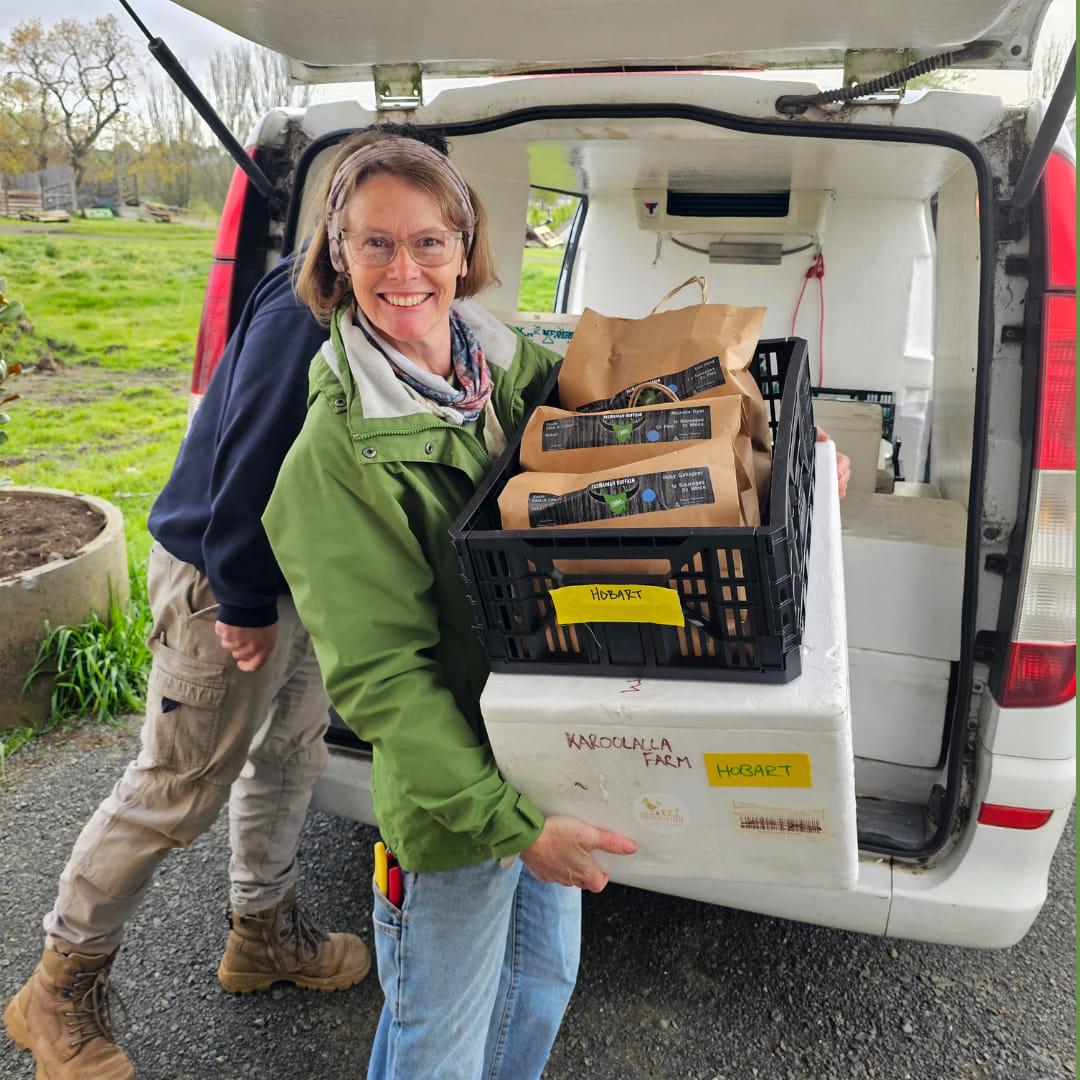
Some of the current 36 producers have built up their businesses and rely almost exclusively on TPC to reach their market.
The co-operative’s final order cycle will close later this month.
In line with its commitment to community impact, TPC will be working with producers to transition their online shops to the Open Food Network and will offer access to knowledge, systems, and support for those hoping to carry forward the spirit of the Collective in new ways.
“TPC was born out of the COVID crisis - when small farms suddenly lost access to markets and needed a direct way to reach eaters,” said Daniel Croker, founding member and current board member,” Katt said.
“What started as a small, scrappy solution quickly grew to moving produce all around the state.
“This has always been about local farmers helping each other and building a better food system.
“That mission doesn’t end here - but the lack of local, state or federal government support for small producers to get food to market and receive a fair price continues to be a huge barrier.
“TPC gave new producers connections and access to customers at whatever scale they could manage, supporting growth of their business from the smallest scale.”
While external philanthropic funding helped establish the model, no bridging or structural investment was made available to grow or sustain it at scale.
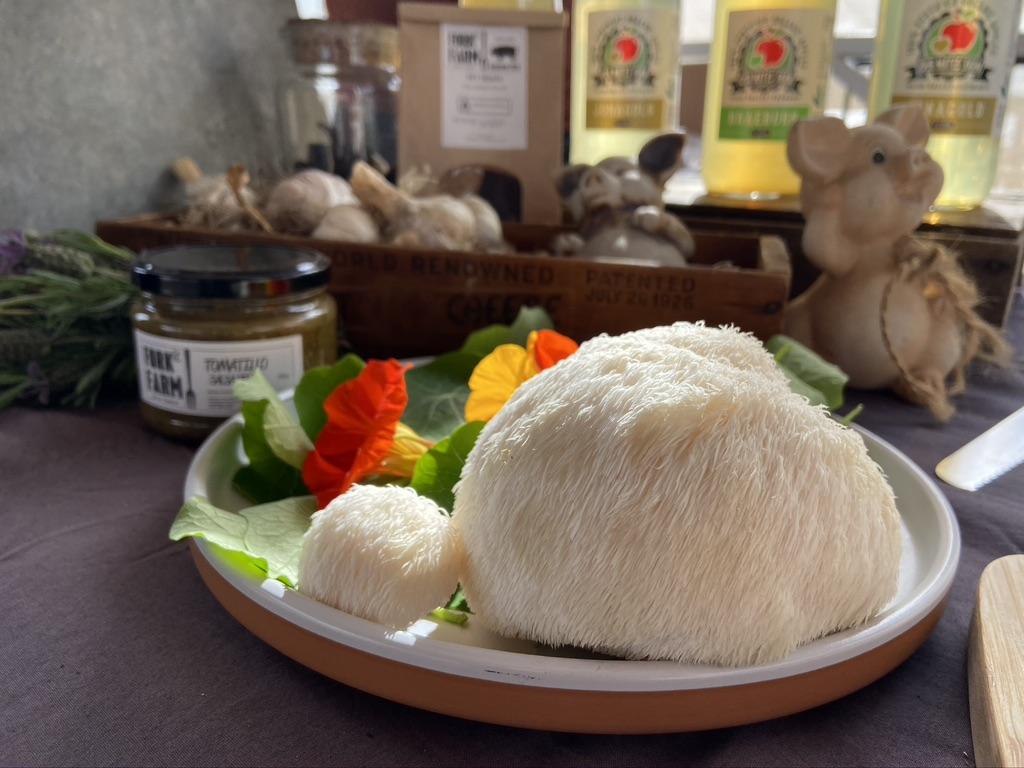

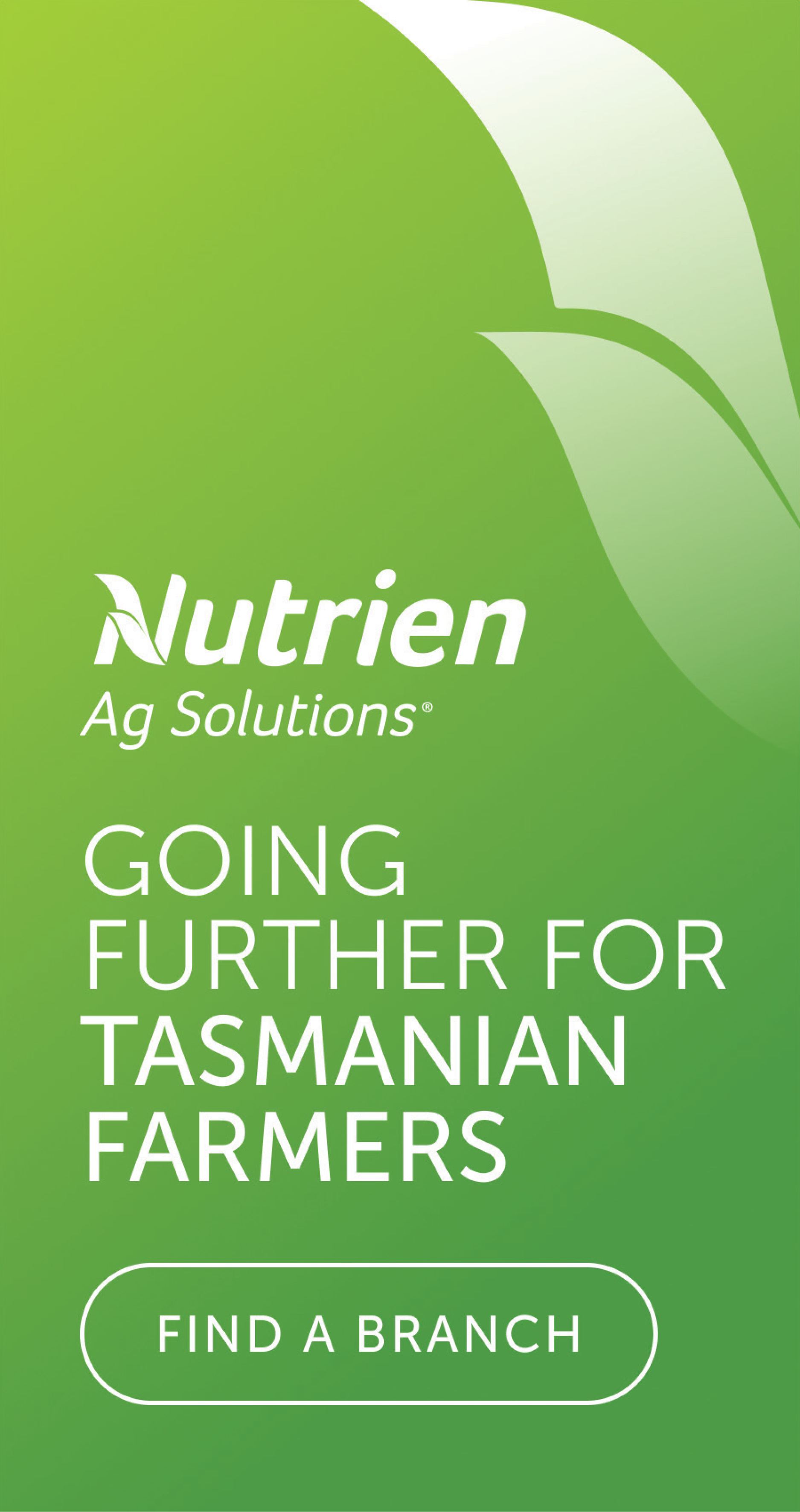
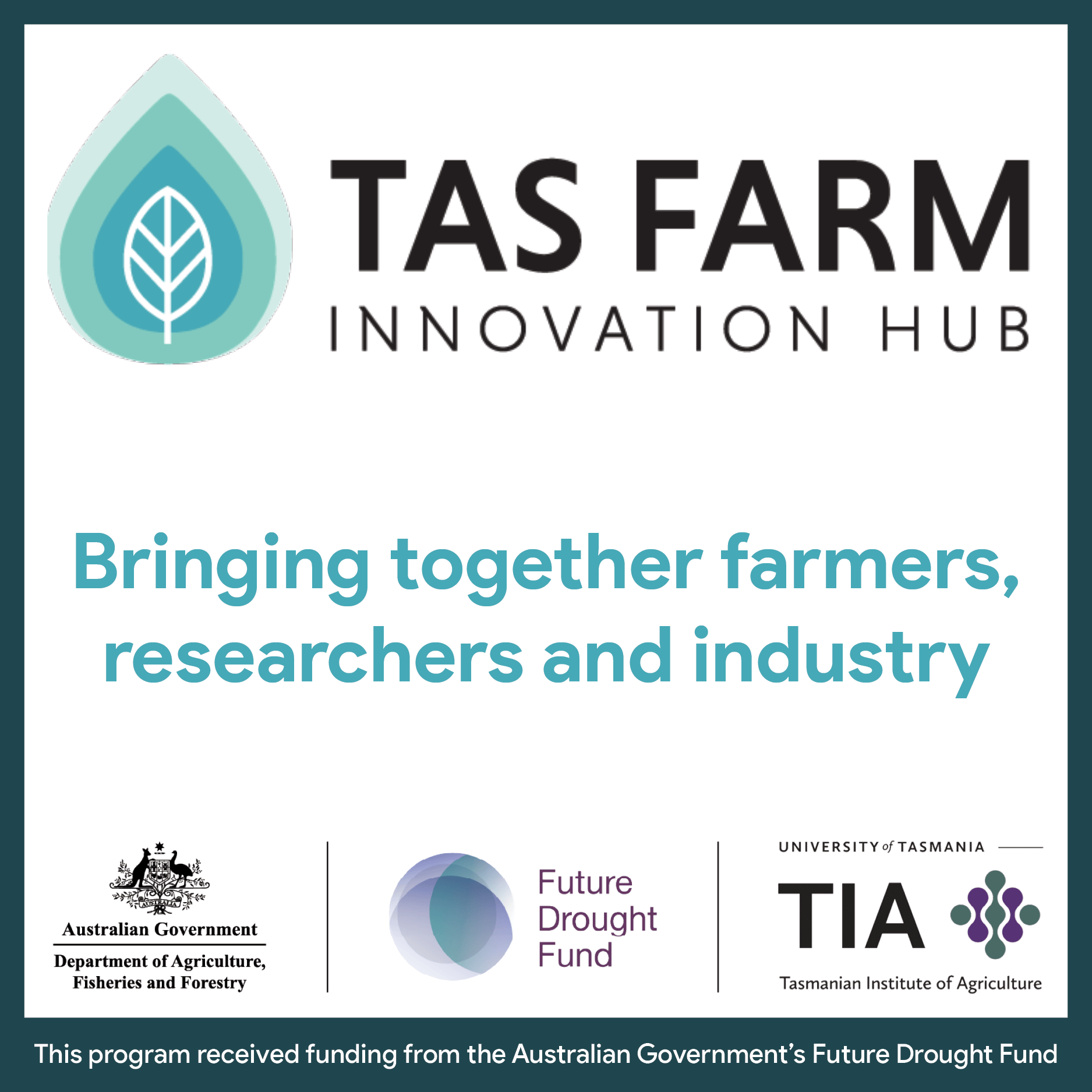

Add new comment